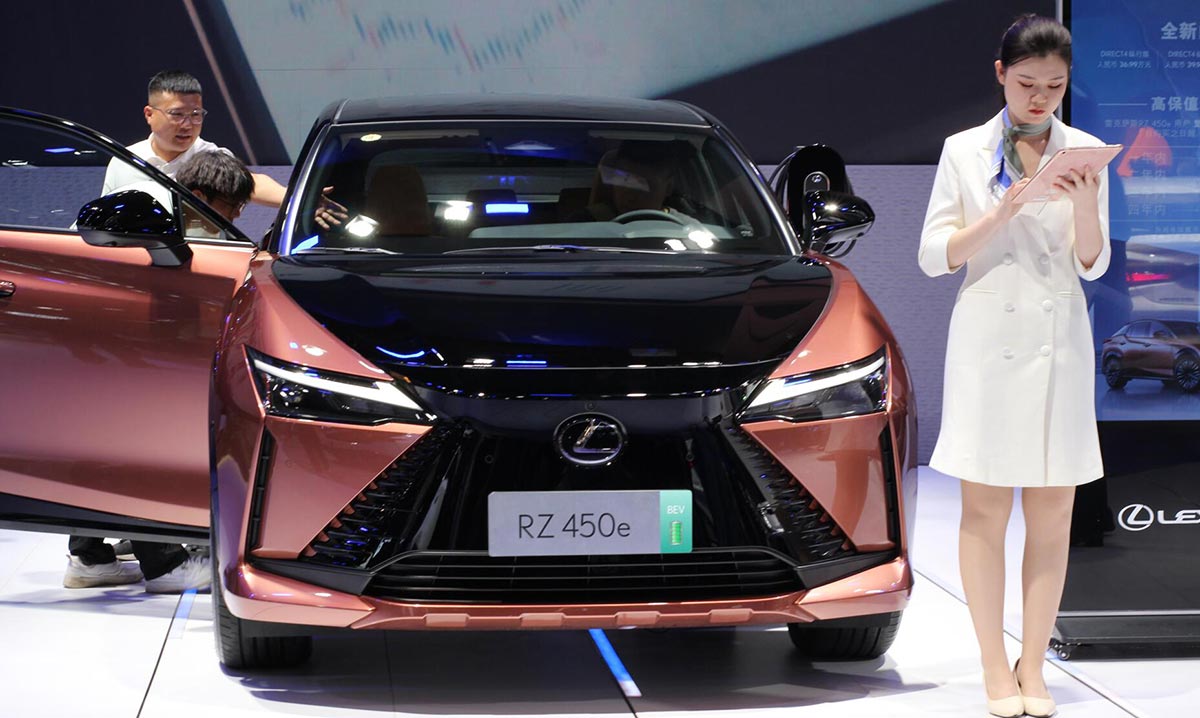렉서스, 중국에 UX 하이브리드와 원 BEV의 초기 생산을 위한 완전 소유 제조 공장 설립 계획, 보고서 공개
Lexus Aims to Construct a Wholly-Owned Factory in China for Electric Vehicle Production

Chinese media reports indicate that 렉서스, the luxury division of 도요타, is planning to establish a fully-owned manufacturing facility in China. 처음에, the factory would produce the Lexus UX hybrid and a new battery electric vehicle (베브(BEV)) 모델. These vehicles will be marketed both domestically in China and exported to international markets, including Japan, according to local media.
Despite Chinese regulations currently tightening around auto factory capacity, Lexus intends to proceed with plans for the wholly-owned plant. 그렇지만, the timeline for finalizing this initiative remains uncertain, as noted by sources close to the matter.
In a June 28th report, Bloomberg revealed that Toyota was in discussions with Shanghai authorities regarding the construction of a dedicated facility to manufacture Lexus electric vehicles (전기차). The report indicated that Toyota sought similar incentives to those offered to Tesla, including tax breaks, policy support, land grants, and the unique opportunity to directly own and operate factories in China without requiring a local joint venture partner.
테슬라의 상하이 기가팩토리, which commenced construction in January 2019 and began operations by the end of the same year, marked China’s first wholly foreign-owned auto manufacturing project. 그 전에는, foreign automakers were required to form joint ventures with local partners to manufacture vehicles in China.
Tesla’s Shanghai factory has since grown to become its largest globally, serving both the domestic Chinese market and acting as an export hub.
도요타, despite being the world’s top-selling automaker, has experienced a decline in market share in China, a trend observed among other Japanese automakers. China represents Toyota’s third-largest market, following the United States and Japan.
The slow pace of electrification has hindered Toyota’s growth in China’s new energy vehicle (네브섬) 시장, as noted by Chinese media outlet 36Kr. Toyota’s passenger car joint ventures in China, GAC Toyota and FAW Toyota, both reported decreased sales in the first half of the year.
Specifically, GAC Toyota sold 362,171 단위, a 15.70% decrease year-over-year, while FAW Toyota sold 323,803 단위, a 12.1% decrease compared to the same period in the previous year, according to data from the China Passenger Car Association (CPCA는).

 중국의 자동차
중국의 자동차